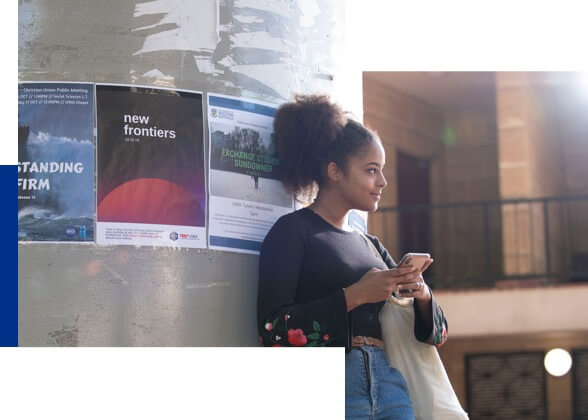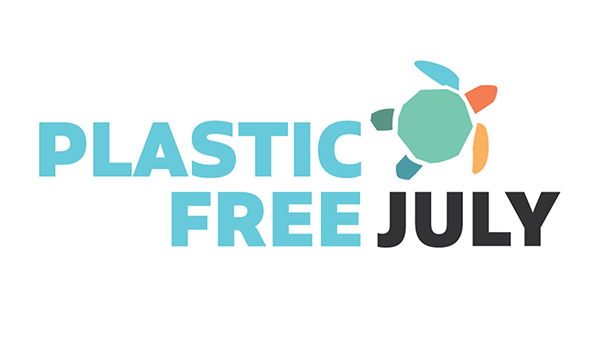UWA PLUS
Tackling Plastic Pollution
This UWA Oceans Institute micro-credential is most useful for community, government and business leaders interested in gaining a solid understanding of the various strategies to prevent and reduce plastic pollution. After completion, you’ll be better prepared to apply the concepts learned in your profession via, for example, decreasing the plastic footprint of your home and business, as well as pursuing promising, impactful investment opportunities.
We designed this course with the flexibility requirements of the modern student (i.e. those with full-time jobs) in mind. It can be completed as a one-off course, but it is also stackable for conversion to academic credit towards an undergraduate or postgraduate course – the choice is yours.
Upon successful completion, you'll receive:
- Two PD Points - stackable for unspecified academic credit in award courses
- A Certificate of Achievement
- A UWA Plus Professional Development Transcript, listing all successfully completed micro-credentials
- Delivery mode
- Online
- Start date
- 21 September 2020
- Duration
- 6 weeks
- Weekly effort
- 5 hours of self-study (reading/watching the material provided)
- 1.5 hours watching pre-recorded lectures
- 1.5 hours attending e-discussions with peers, lecture groups and expert guests via Zoom
- Academic Lead
- Dr Julia Reisser
Research Fellow
UWA Oceans Institute
Associate Professor Annette George
Head of School
School of Earth Sciences
- Cost
- $660 inc. GST
- Critical information summary
- EARTM301 – Critical information summary [PDF, 43KB]
Applications close 14 September
In Weeks 3 and 6, you will also have to do a quiz.


What you'll learn
The course will first provide a comprehensive understanding of:
- the plastics lifecycle, from its production with petrochemicals to polymer applications (Week 1) and waste management practices (Week 2)
- concerns associated with plastic contamination of our air, water, food, land and oceans (Week 3)
We will also do a deep-dive into solutions being proposed and implemented worldwide.
We will start by giving you an overview of key ‘Circular Economy’ concepts, then move into plastic pollution mitigation strategies involving:
- replacement of fossil fuel-based plastics with biopolymers and implementation of ‘reuse’ business models (Week 4)
- composting, recycling and clean-up operations (Week 5)
- overview of key policy-, community- and innovation-driven initiatives working towards solving the current plastic crisis (Week 6)
What's next after this course?
- Future study
- Completing this unit can count towards an appropriate undergraduate degree.
- Career outcomes
- This course will enhance your professional experience in sustainability and related areas.
Industry endorsement




